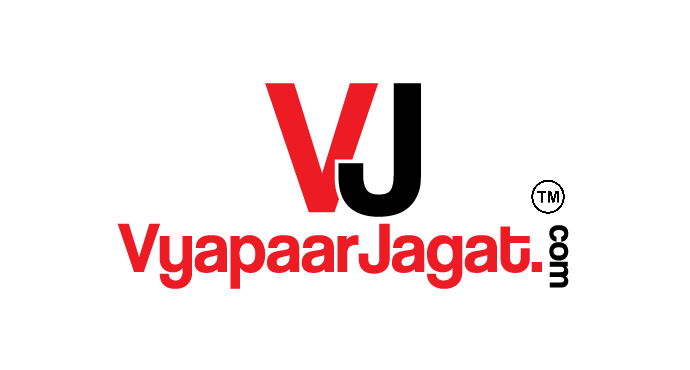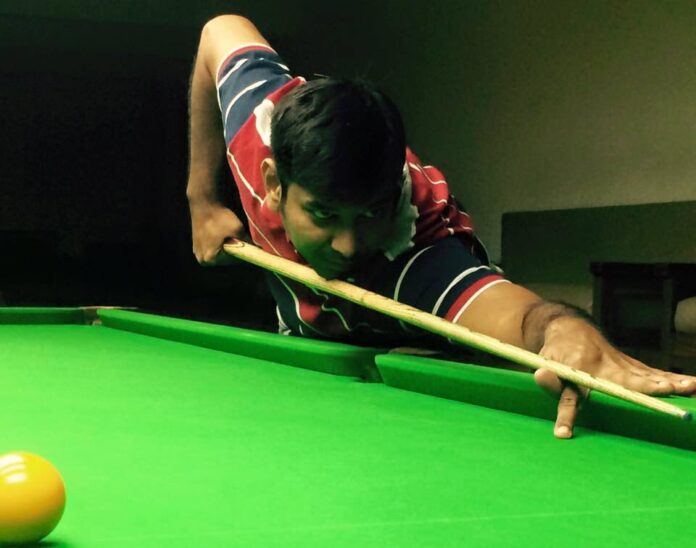Jack of all Trades and Master of none
I started my entrepreneurial journey in 2007, and it has been nothing short of an adventure, having tried my hands at varied businesses, I feel like a Jack of all Trades and Master of none. I’m not entirely sure if that’s a good or a bad thing though. It’s been one hell of a learning experience and I’ve made my share of mistakes, which has led to financial impact as well. Would like to share them with you, maybe, just maybe you will be able to learn something from my mistakes.
Year: 2006-2007
Mistake:
Invested & started a small manufacturing unit (Computerized Embroidery Machines) on the advice of someone who guaranteed work from day one advising us repeatedly over a period of 2 months.
What happened:
Once the machinery was installed, laborers hired, the person in question started making excuses, and tried to get work done at much lower rates than prevalent in the market. After 15 days of waiting and hoping for work from that person, I started going to the market directly and procuring work and eventually became profitable from the third month of starting operations. I did this business for 2 years, and the total turnover with the person in question was zero.
Learning:
No matter how well you know a person (The person in question, was a business associate of my father’s, and we had been doing business with his family for over 20 years), never start a business being dependent on someone, start it only if you can manage it even if they back out after you are invested.
Year: 2009-2011
Mistake:
Trying to do everything yourself and micromanaging others.
What happened:
The same investors from my previous business (Embroidery Machines) agreed to invest further in forwarding integration (From doing job work for others to becoming cloth merchant ourselves).
Tried to hire multiple people for the job of designing and sales, but was never satisfied with the work done by them, the result was I ended up doing everything myself, this led to low productivity and lower sales than were required, and the business was a failure.
Learning:
You can’t do everything yourself, and hiring the right people is the most important job of an entrepreneur.
Year: 2011-2012
Mistake:
Trusting too much, and not doing your due-diligence
What happened:
In the December of 2011, I visited China to explore import opportunities. After a lot of research and studying numerous products, I narrowed down to importing Sensor Lights for Staircases. I ended up buying a sample lot of 200 pcs (LCL).
Made multiple mistakes in this transaction as didn’t appoint an external agency like SGS to test the products before dispatch as I believed the company wouldn’t cheat in a sampling lot. In addition to that, the CHA we appointed in India through a reference of someone ended up fleecing us by charging us 1.5x clearing costs of the actual value of the goods.
In spite of high costs, we were able to convince a large society to buy this product at a nominal profit, unfortunately, when we tested the lights, the sensors weren’t working properly, and we ended up making a huge loss in a sample lot.
Learning:
Due Diligence is necessary when doing something for the first time and dealing with people for the first time.
Year: 2012-2013
Mistake:
Not fulfilling governmental regulations at the time of shutting down my business
What happened:
I had been running a manufacturing unit from 2007 to 2009 and was eligible to pay ESI for my employees to the government. Due to lack of experience and my carelessness, we ended up paying ESI + Interest + Penalty + Consultancy fee for the period 2010-2012 when we were not operational, just because we didn’t check with our ESI Consultant if he had sent the department a written letter about the closure of the manufacturing unit.
Learning:
Be sure of clearing all governmental requirements and compliance’s while starting or ending a business, otherwise, the resultant payout is more than expected.
Year: 2013
Mistake:
Not understanding the importance of unit economics in FMCG Distribution.
What happened:
As a distributor for Coca-Cola (Minute Maid Division) for a part of Ahmedabad, we could never make a profit as the overheads were very high compared to sales turnover and commission.
Learning:
For profitability in distribution, the value of goods (turnover) being dispatched to your delivery unit/vehicle should be high. Make sure the unit economics make sense before venturing into FMCG Distribution.
Year: 2014-2015
Mistake:
Relying on people who didn’t have enough skin in the game.
What happened:
In the period between February 2014 to February 2016, tried to recruit numerous people as co-founders for different startups. After committing their participation they backed out after considerable time & effort from my end as they hadn’t invested their time or money in the business, as they had no skin in the game it was easy for them
Learning:
Make your co-founders put in some financial investment, time and effort in the business/idea before starting out with them.
Year: 2016
Mistake:
Being frugal is good, but being too frugal is bad
What happened:
Being a conventional businessman, I’ve learned to be frugal and drive profitability in my business with as little capital investment as possible (Making the most of limited resources available). We tried the same strategy in our first startup www.tiffinity.com where we managed to recruit about 40 home-chefs from a part of Ahmedabad, over a period of 1.5 years, get 1000+ customers, 100+ positive social media reviews. I and my co-founder collectively spent about Rs.50,000 including incorporation expenses and managed the rest through profits made while running the business.
The problem with the frugality was we hired only 1 person in that entire period, and never invested much to scale it further and relied on organic sales even after achieving POC. A prospective investor told us, we should have spent the initial capital of Rs.5 Lakhs that we started out with and tried to scale it further and to actually receive investment from them.
Learning:
Startups & conventional businesses are different and different thought process and strategies are required for them.
Year: 2016-2017
Mistake:
Underestimating the 5-year Financial Plan & Scalability in a startup
What happened:
We started www.tiffinity.com, achieved excellent growth (30% month on month), accolades for our work in the first few months of launching until demonetization hit us.
In the same period, another startup founder advised us to make a 5-year financial plan to raise funds a few months into the business. On making the financial plan we realized that even if we raised our desired amount of Rs. 2 Cr from an investor and achieved everything that we were assuming in our financial plan in the next few years, we would still be unable to repay our investor 5x-10x return on their investment from profits, coming to the conclusion that Tiffinity was good as a business and not as a startup, which is when we lost steam and started pivoting. Since August 2016 Tiffinity is run directly by our home chefs and we do not take profits, only the home chefs earn through our startup.
Learning:
Making a 5 Year plans in startups is important, even though, initially it is all hypothetical, but it makes you answer difficult questions that you wouldn’t have considered in the early stages. Other than this the most important lesson learned through tiffinity is “Scalability should be the primary factor when deciding to startup”.
Year: 2018
Mistake:
Delaying the MVP of our startup SuperGroups.io
What happened:
We are 3 founders in Super Groups, we decided to pursue this actively in November 2017. We could have created an MVP in 3 weeks and tested out our hypothesis in the last few months. But in the pursuit of making an amazing product, we got delayed in launching by a couple of months, and eventually decided in March 2018 to go ahead with the MVP.
Learning:
When starting out, make an MVP which is useful to your customer as soon as possible, even if the product lacks some level of visual appeal, in the beginning, if you are solving the customers pain point, the customer will use the product and you will get an opportunity to iterate the product continuously through customer feedback and save you a lot of wasted effort and time.
CONCLUSION
You must be wondering why so many different businesses, in a short span of 11 years. For the most part curiosity, opportunity cost considerations and most importantly trying to find my calling. Over the years my family has become financially stable from a major setback around 2006, and now I have got the bandwidth to experiment without worrying too much about the basic needs of life.
Hope the article is helpful, do comment and share if relevant, so that your feedback helps me improve my writing and I can come up with better content every time! Thanks for reading.






